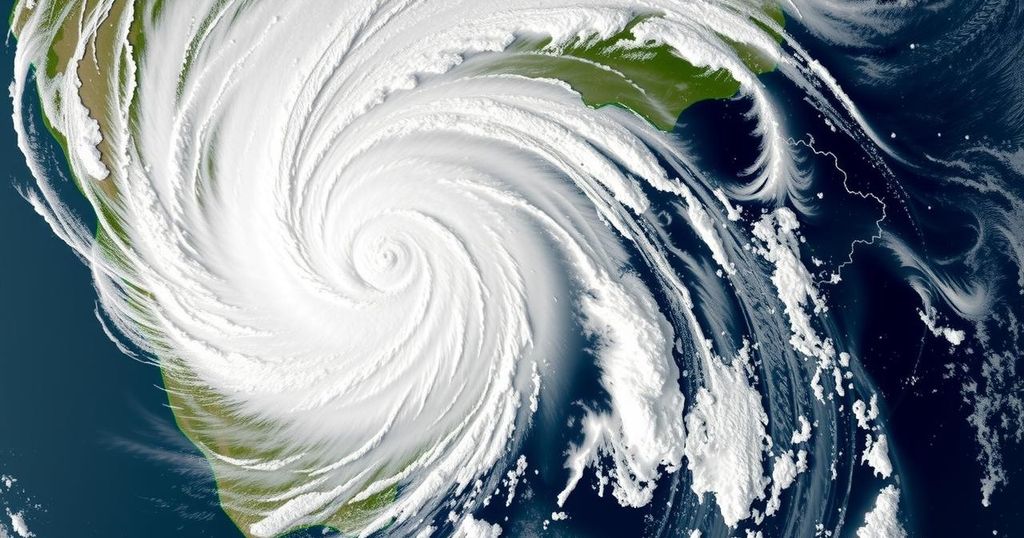Tropical Cyclone Chido: Overview and Humanitarian Response As of December 18, 2024

Tropical Cyclone Chido has caused 45 deaths and affected 184,000 people in Mozambique as of December 18, 2024. Significant impacts were observed in Cabo Delgado and Nampula provinces. Malawi reports 45,000 affected individuals and 13 deaths. Humanitarian teams are mobilizing to provide essential aid and services to those impacted, while the full extent of damage continues to be assessed.
As of December 18, 2024, Tropical Cyclone Chido has caused significant devastation in Mozambique and surrounding regions following its landfall on December 15. The cyclone has claimed the lives of 45 individuals, with 184,000 people affected primarily in the Cabo Delgado and Nampula provinces. Furthermore, neighboring Malawi has recorded 13 fatalities and impacted 45,000 individuals. Humanitarian agencies are actively conducting assessments and distributing critical supplies to the regions in need.
The cyclone made landfall with winds reaching up to 260 km/h, resulting in heavy rainfall and severe storms. The aftermath includes over 35,000 houses either completely destroyed or severely damaged, alongside significant impacts to health facilities and educational institutions. Cabo Delgado has been the hardest hit, with preliminary reports indicating that 128,000 people were affected, and substantial damage has been observed in Chiure, where up to 60% of roofs have been blown off.
Although Chido has dissipated, its influence remains evident in Malawi, where the cyclone led to fatalities and injuries, as well as significant displacement. In Mayotte, the cyclone has left 22 dead and over 1,373 people injured, prompting curfews to prevent looting amidst ongoing damage to public infrastructure and essential services. As authorities work to restore critical systems such as potable water, the mobile network availability remains limited for a significant portion of the population.
Tropical Cyclone Chido developed in the Indian Ocean on December 7-8, intensified by December 10, and impacted Madagascar before striking Mozambique. This sequence of events underscores the importance of disaster preparedness in vulnerable regions.
Tropical Cyclone Chido has emerged as a significant natural disaster affecting Southern Africa, particularly Mozambique, Malawi, and Mayotte. The cyclone developed in the Indian Ocean and made landfall in Mozambique, leading to widespread destruction and loss of life. With Mozambique’s Cabo Delgado and Nampula provinces being the most severely affected areas, the humanitarian response has become critical in addressing the immediate needs of the survivors. The situation highlights the overarching theme of the vulnerability of communities in cyclone-prone regions and the necessity for effective disaster relief efforts.
In conclusion, Tropical Cyclone Chido’s impact has been catastrophic across Mozambique and parts of Malawi and Mayotte, resulting in significant human loss and infrastructure damage. The cyclone’s aftermath continues to challenge humanitarian efforts as local and international partners work diligently to provide relief. The evolving scenario emphasizes the need for robust emergency preparedness and response mechanisms in order to mitigate the impacts of future disasters.
Original Source: reliefweb.int








